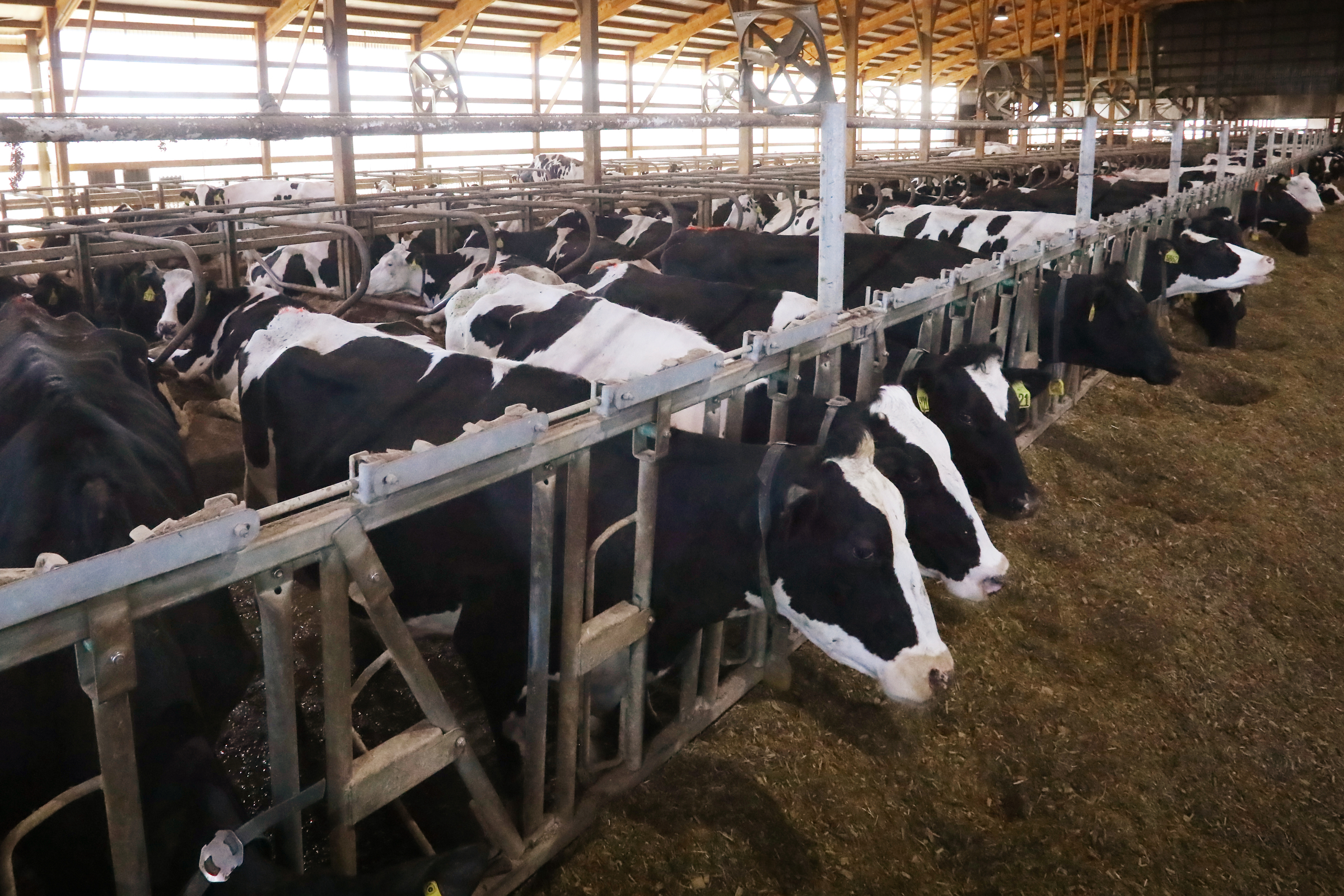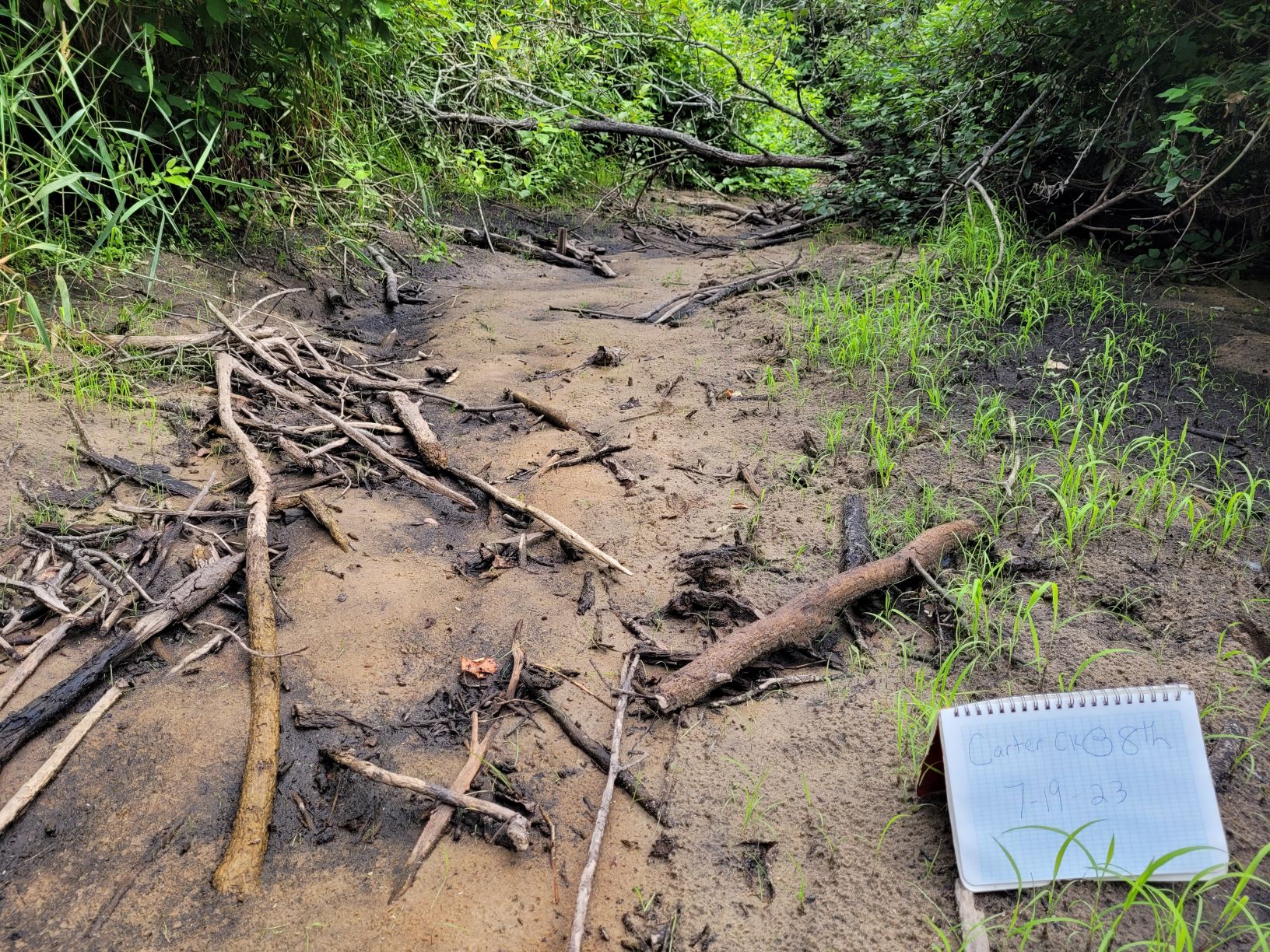The fallout continues from a court ruling last Thursday regarding high-capacity wells on a proposed Combined Animal Feeding Operation in Adams County, with both environmentalists and farm owners claiming victory.
Administrative Law Judge Jeffrey Boldt struck down the Department of Natural Resource’s policy of not considering the cumulative effects of all high-capacity wells in a region before approving applications for new ones. The judge referred to research by University of Wisconsin-Stevens Point hydrologist George Kraft, who linked declines in water levels at nearby Pleasant Lake and Chaffee Creek to existing wells.
Kraft called the ruling a victory for people who care about lakes and streams.
Stay informed on the latest news
Sign up for WPR’s email newsletter.
“Any watershed can take a certain amount of groundwater pumping, but eventually there gets to be a critical point, like we have in the Central Sands, where all the pumping taken together is drying lakes and drying streams,” said Kraft. “Lakes and streams and groundwater are all connected, and we have to manage all those things together at the same time.”
The ruling was not only praised by the environmental group Clean Wisconsin, but also by Milk Source, the owner of the proposed Richfield Dairy. The decision did not deny the permits for the two new wells, but only reduced the amount of groundwater that could be pumped from them.
Milk Source Director of Public Affairs Bill Harke calls that a victory.
“We can build the dairy. If you remember back in the beginning, the signs were all, ‘Stop the Richfield CAFO, stop the CAFO,’ and that was the mantra,” said Harke. “The permit was basically completely upheld, and we’re able to move forward with the dairy farm.”
Harke said Milk Source has to wrap up two projects in Michigan before it can begin making plans for the Richfield Dairy property.
Wisconsin Public Radio, © Copyright 2025, Board of Regents of the University of Wisconsin System and Wisconsin Educational Communications Board.





